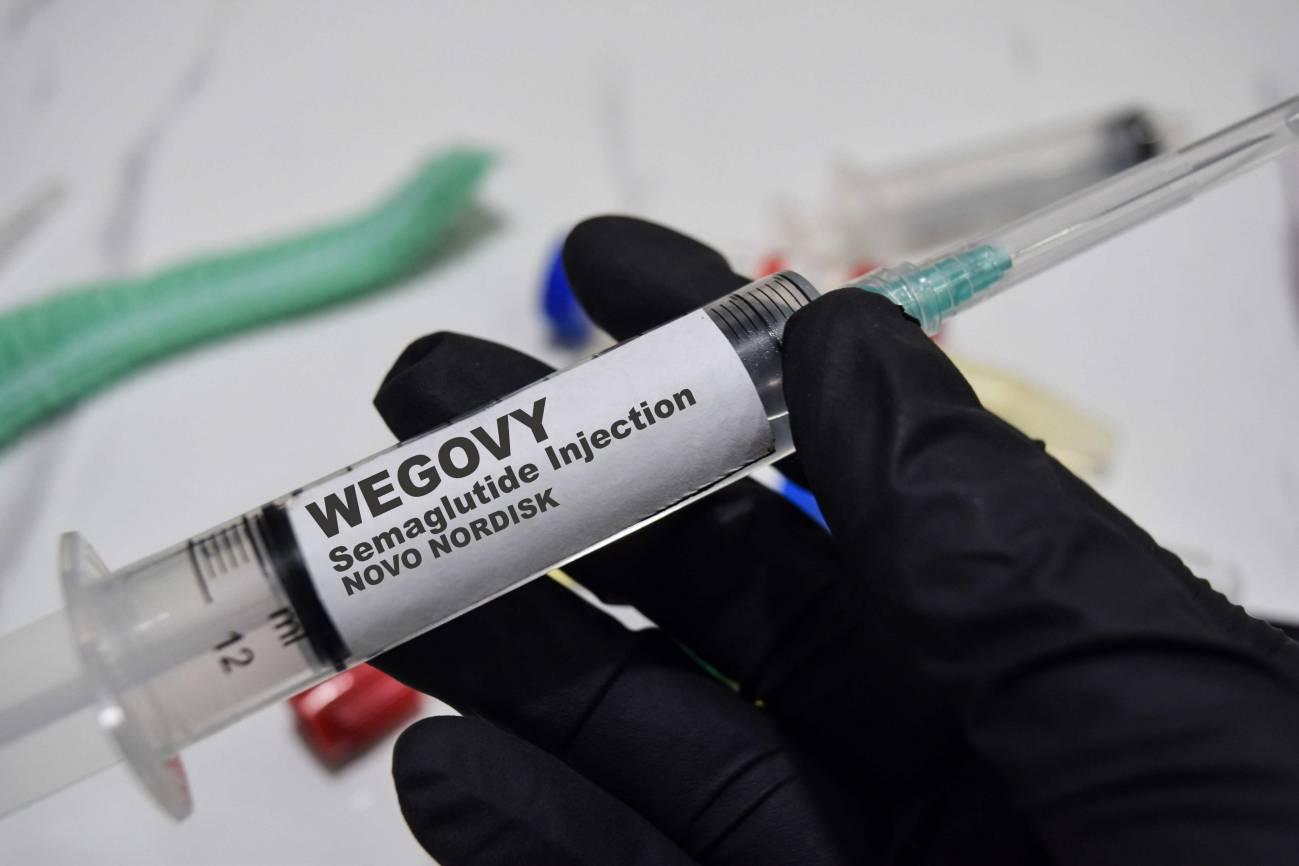The commission that planned the reviews confirmed that the drug Glp-1 helps to lose weight.However, they warn that the industry news about telephone studies calls into question the reliability of the results.
A Cochrane review commissioned by the WHO confirms that GLP-1 drugs help with weight loss.However, they caution that industry funding of the study calls into question the reliability of the results.
Three new Cochrane reviews have found evidence that new GLP-1 weight loss drugs cause clinically significant weight loss, but industry funding of the trials raises questions about their findings.
These reviews, conducted by researchers from the Ibero-American Cochrane Center and the Ibero-American Cochrane Network, were commissioned by the World Health Organization (WHO) to inform future guidelines for using these drugs in the treatment of obesity.
Reviews of the effects of three weight loss drugs called GLP-1 (glucagonoid peptide type 1) receptor agonists have found that they cause clinically significant weight loss compared to a dummy drug (placebo).
However, the evidence for long-term effects and side effects remains limited or questionable due to the potential for interest.
GLP-1 drugs were developed to treat people with type 2 diabetes, and clinical drugs began in the mid-2000s.In these patients, especially those with heart or kidney disease, they improved blood glucose control, reduced the risk of heart disease and stroke, helped with weight loss, and reduced the risk of weight loss.
Recently, studies have been conducted to study these drugs in people who may be obese.The drugs suppress natural hormone activity that slows digestion and helps people feel more alert for longer.They are currently approved in Spain and other countries to manage weight with a low-calorie diet and exercise in people with obesity or people with weight-related problems.
Weight loss after a year or two
In all studies, tircepatide, sembaglutide, and liraglutide resulted in significant weight gain over two years.For this effect to continue, these things must be present.
Tirazatide (injected once a week) resulted in a 16% weight loss after 12 to 18 months.Evidence from a randomized controlled trial (6,361 participants) also suggests that the effect may last up to 3.5 years, although long-term safety data are limited.
Based on data from 18 randomized controlled trials (27,949 participants), semaglutide (also given by injection once weekly) reduced body weight by about 11% after 24 to 68 weeks, with effects likely to last for up to 2 years.This drug increased the chances of weight loss by at least 5%, but it was associated with a higher rate of mild or moderate digestive side effects.
Injections of LIRAGLUTIDE (once daily) resulted in an average weight loss of about 4% (based on 24 trials (but also increased the proportion of people who completed significant weight loss compared to placebo. Evidence of long-term effects beyond 2 years is more scientific.
In all reviews, there was little or no difference between these drugs and placebo in terms of major cardiovascular events, quality of life or mortality.However, adverse events, particularly nausea and gastrointestinal symptoms, were more common in those receiving GLP-1 drugs, and some people discontinued treatment because of adverse effects.
"These drugs have the ability to produce weight loss, especially at the beginning of the year," said Jumuch of reviews and research in the IboLo-American Network.
Conflicts of Interest and Improperty
Most of the included studies were funded by the pharmaceutical industry, which was largely involved in planning, conducting, analyzing, and reporting the results.This raises questions about potential conflicts of interest and the need for independent research.
The authors also emphasized that the more widespread use of these drugs must take into account social and commercial health factors, including access, affordability and coverage, to avoid highlighting the health inequalities that exist in people with obesity.The high cost of semaglutide and tirzepatide currently limits access to these treatments, while the expiring patent for liraglutide has made cheaper generic versions available.The patent for semaglutide will also expire in 2026.
Middle and high income countries
The studies included in our review were mainly conducted in the middle countries, with a small representation from regions such as Africa, Central America and Southeast Asia.Considering the differences in body composition, cultural practices, the authors show the importance of using this medicine to work in different worlds.
"We need more information about long-term effects and other cardiovascular health outcomes, especially in low-risk populations," says Eva Madrid, a researcher at the Cohern Ibro-American Center and Valparaiso University in Chile."Weight regain after stopping treatment may affect the long-term sustainability of the observed benefits. More independent studies are needed from a public health perspective."
Independent, the long research
The reviews emphasize that independent, long-term research is essential to inform clinical and public health decisions and better establish the role of GLP-1 receptor agonists in long-term weight management.
These reviews are used and signed to treat the disease.The Executive is expected to be published shortly after the public consultation in September.








